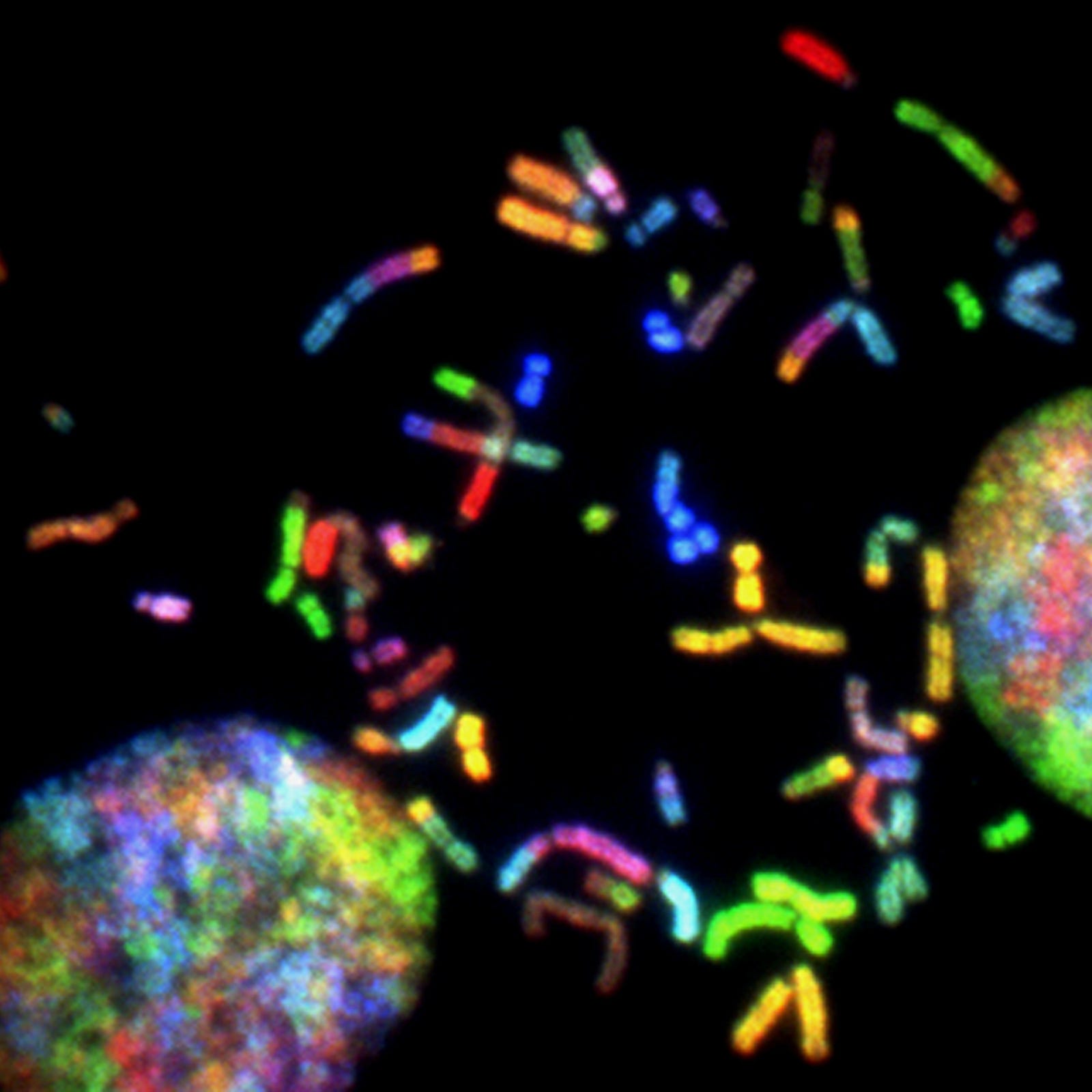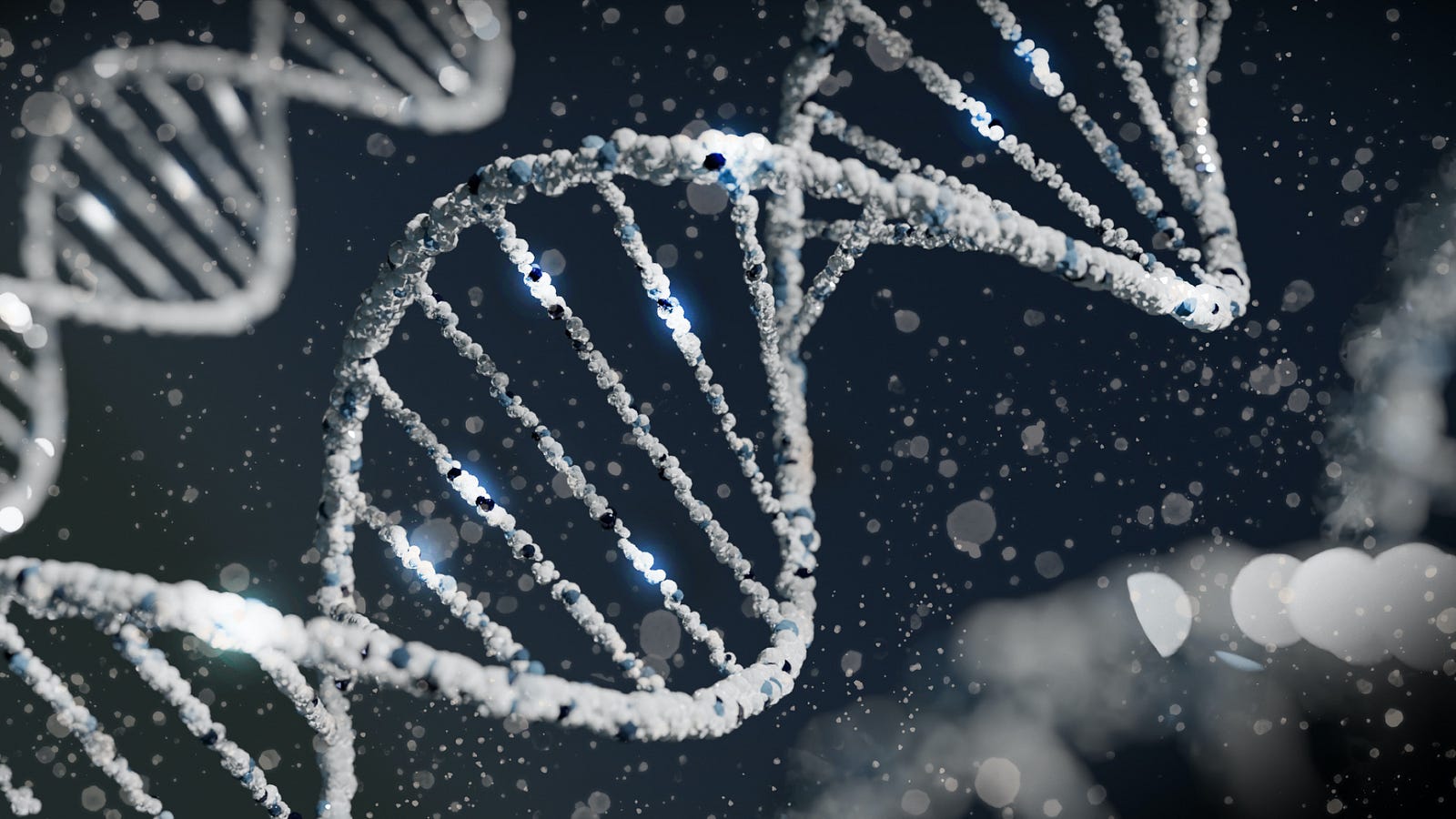THE U.S. FOOD AND DRUG ADMINISTRATION RECENTLY gave the green light to two groundbreaking treatments for sickle cell disease. One is Casgevy, which uses a gene-editing technique called CRISPR, and the other is Lyfgenia, a gene therapy. Today, we explore sickle cell game changers.
As a medical student, I remember seeing a young woman with sickle cell anemia.
I Remember Her Pain
I don’t remember her name, but I know she was in her 20s, around my age. Her parents each carried a copy of the gene but did not know it. She inherited one sickle cell gene from each parent.
While details escape me, I remember her terrible pain. I recall that she came to the Yale emergency department at least once per month. I also recall her silent and impressive strength.
There are some experiences that time only partially erases.
“It will be fine
after the thunderstorm.
The sun will shine,
and it will be nice and warm.”
― Mouloud Benzadi
New Gene Therapy Approaches to Sickle Cell
Fast-forward to now and the new gene therapy approaches.
These new, innovative treatments are a big deal because they appear to be a “functional cure” for many sickle cell patients.

Today, we explore the promise and the potential perils of gene editing approaches to sickle cell disease management.
What is Sickle Cell Disease?
Sickle cell disease is a genetic condition affecting the shape of red blood cells, which carry oxygen throughout the body.

Normally, red blood cells are round and flexible, allowing them to move easily through blood vessels.
However, in individuals with sickle cell disease, a specific gene mutation causes the red blood cells to become rigid and take on a crescent or “sickle” shape.
This altered shape can lead to various complications, such as blockages in blood vessels, reduced oxygen flow, and pain.
How Common is Sickle Cell Anemia?
According to the U.S. Centers for Disease Control, one out of every 365 Black babies born in the U.S. is born with sickle cell disease. Approximately one in 500 African Americans has the disease.
- One hundred thousand people in the U.S. have sickle cell, most with African ancestry. One-fifth of them have a severe form.
- One in 12 African Americans carry the autosomal recessive mutation, and about 300,000 infants are born with sickle cell anemia annually.
Scientists believe being a sickle cell trait carrier helps protect against severe malaria. Hence, the disease occurs more often in mosquito-prone regions such as Africa or people whose ancestors lived there.
Who Gets Sickle Cell Disease?
Sickle cell is an inherited disease caused by a gene defect.
- An individual will be born with sickle cell disease only if she inherits two genes — one from the father and one from the mother.
- An individual who inherits only one gene is healthy and said to be a “carrier” of the disease. A carrier has an increased chance of having a child with sickle cell disease if they have a child with another carrier.
For parents who are each a carrier of a sickle cell gene, there is a one in four (25 percent) chance of having a child with sickle cell disease.
Clinical Implications of Sickle Cell Disease
People with sickle cell disease may experience recurrent episodes of pain, known as “crises,” due to the blockage of blood vessels.
The abnormal red blood cells are more fragile and prone to breaking apart, leading to anemia (a shortage of red blood cells) and other health issues.
The condition results from abnormal red blood cells that are more fragile and prone to breaking apart, leading to a shortage of red blood cells (anemia) and other health issues.
Sickle Cell is A Lifelong Condition
Sickle cell disease is a lifelong condition that affects people differently, with symptoms ranging from mild to severe complications. Therefore, ongoing medical management and support are necessary.
Listen to Dr. Nicole Verdun, director of the FDA’s Office of Therapeutic Products within its Center for Biologics Evaluation and Research, describe the problem:
“Sickle cell disease is a rare, debilitating and life-threatening blood disorder with significant unmet need.”
FDA Approval of Gene-Editing
The FDA’s approval is a significant step forward, but some challenges exist.
The treatments are complicated, and patients and their families must prepare for several months.
People getting the treatment will spend a few weeks in the hospital and undergo chemotherapy, which might affect fertility. Doctors may offer ways to preserve their fertility.
Even with these challenges, doctors and patients are excited about this development.
Approval Is A Big Deal
Sickle cell disease has had limited treatment options for a long time, so the new developments are a big deal.
Listen to President Biden praising the FDA’s approval:
This announcement represents the power of medical innovation to improve Americans’ lives. This significant medical advancement holds tremendous promise for developing additional life-saving treatments and gives hope to millions of Americans with other rare diseases.

A reminder of the context: Sickle cell disease can cause symptoms such as severe pain, fatigue, infections, strokes, and other complications.
The average lifespan for someone with this disease is around 53 years.
Until now, the only potentially curative option has been a risky bone marrow transplant, which most patients can’t do because it requires finding a matching donor (usually a sibling without the disease).
A Functional Cure: CRISPR Gene Modification
The new treatments aren’t a complete cure like a bone marrow transplant, but they’re called a “functional cure.” A functional cure means that people who get these treatments don’t show any signs of the disease.
The gene therapy treatment is a collaboration between Vertex Pharmaceuticals and CRISPR Therapeutics, and it’s the first one approved by the FDA that uses CRISPR, a genetic modification therapy.

Think of CRISPR as “genetic scissors” that make gene editing easier and more precise than before. The scientists who developed it won the Nobel Prize in 2020.
Instead of fixing the specific gene problem causing sickle cell disease, this treatment makes a different edit that tells the body to start producing healthy red blood cells.
Casgevy helps the body return to producing a fetal form of hemoglobin present at birth — the adult form that’s defective in people with sickle cell disease. CRISPR is used to knock out a gene in stem cells collected from the patient.
A Functional Cure: Viral-Delivered Genetic Material
The second gene therapy approved by the FDA is Lyfgenia, made by BlueBird Bio. Lyfgenia aims to eliminate pain crises. It was similarly approved for treating sickle cell disease in people 12 years and older.
Lyfgenia works differently from the first approach.
Instead of CRISPR, Lyfgenia uses a virus to deliver new genetic material.
Both treatments, including Lyfgenia, have shown significant improvements in reducing pain episodes and the need for blood transfusions in patients during clinical trials.
Potential Downsides
However, the FDA advises that people who receive these treatments should be informed about possible “off-target” effects. This refers to potential serious unintended consequences or side effects of gene editing.
Specifically, the BlueBird Bio treatment has a serious warning called a “black box,” the FDA’s highest-level safety alert. It highlights a potential risk of developing blood cancer (leukemia) as a result of the treatment.

Final Thoughts — Sickle Cell’s Game Changers
Doctors believe these approved treatments begin a more hopeful future for people with sickle cell disease.
A nod to the courage of patients who participated in clinical trials, central contributors to this medical progress.
Many clinical trial volunteers who have already undergone treatment say they have a new lease on life.
Treatment is Pricey
Now, about that price. In a regulatory filing Friday, Vertex said it will charge $2.2 million per patient for the treatment. Bluebird will charge $3.1 million per patient for Lyfgenia. Astonishing.
Dr. Peter Marks, director of the FDA’s Center for Biologics Evaluation and Research, estimated during a call with reporters Friday that close to 20,000 patients will be eligible for treatment across the two therapies approved Friday.
Alas, the majority of patients with sickle cell live in Africa and India. I don’t anticipate them being helped by the breakthroughs.
While I am cautious, I am remarkably optimistic. I hope that the patient I met in medical school is alive to be a beneficiary.
Thank you for reading “Sickle Cell Game Changers.”




